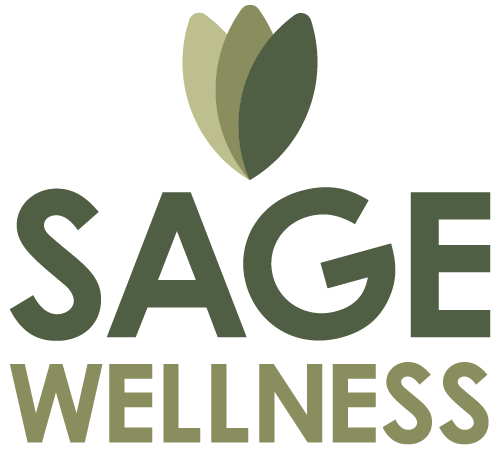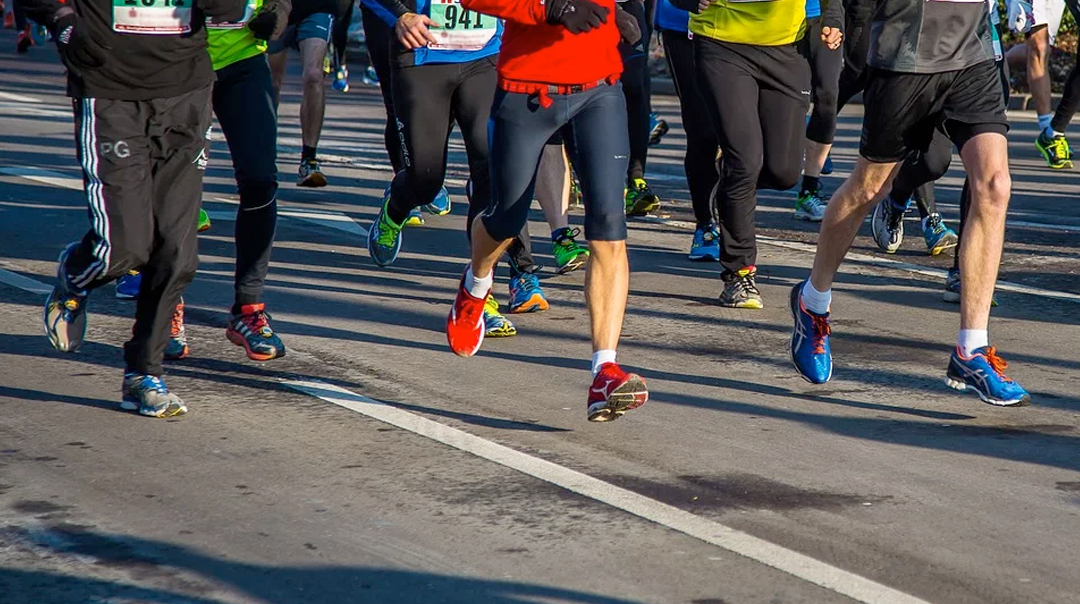I love race weekend in Ottawa. I mean, I really, really love it.
I spend hours by the side of the course cheering for each and every runner, feeling an odd sense of pride for each of them for the commitment it takes to train and run in a race. Feeling inspired by each set of feet that run at a different cadence, and fascinated with each gait at the runners fly by, and curious about what drives each runner to run. This year was different. This year, I couldn’t sleep the night after the run. I couldn’t sleep because during the course of cheering for an hour I watch 5 people push their bodies to the point of physical collapse. The point that their bodies were in survival mode, directing blood to all essential organs, forcing the runner to lose control of their extremities. Watching runner after runner collapse on the side of the course was terrifying. I watched in amazement as fellow runners failed to stop and help those in need, and while the cheering crowd tried to push the runner to run ‘just a bit further’. ‘You are so close’ they yelled…yes close, I thought, close to a heart attack, or organ failure. That night as I lie in bed seeing visions of those poor runners, who no doubt spent the night in the hospital, I couldn’t help but wonder…when had running a race become more important to listening to our body? Don’t get me wrong, there are many people who run with joy, and their bodies respond to the efforts with more energy and enthusiasm. But the idea that running is for everyone, and that we can iron will our physical bodies into submission is a scary trend. I wondered to myself, in what other aspects of our lives do we take this approach.
I’m talking from experience about treating my body like the enemy that needs to be ‘controlled’. From a very young age I used exercise to punish my body, always pushing a little too hard, not listening to my body’s cues. I learned it at home. I can remember as a small child of five years old hearing the thud of my mother’s body hitting the floor, having passed out from over-exertion, and the fear that she was in fact dead and not just unconscious. As scary as it was, my little brain made the connection that exercise needs to hurt to help, and so my journey along the road of un-healthy over-exertion began. This didn’t just stick to my relationship with exercise, but spilled over to all aspects of my life. The part that made it difficult to change is that our society seems to champion those who are able to push through and force things to happen, both physically and mentally. My experience at the race this year was a symptom of this societal disease, where we believe we need to do more, be more, get more. Where do we start drawing the line? A few years ago I hit a wall, the owner of a business, mother of a small child, wife, friend, RMT, daughter, sister, and more. I was spending too much time pushing myself to do it all. And in doing so I did nothing but hurt myself. I have learned to slow down, to listen to my inner voice, and take those cues that tell me saying ‘no’ is sometimes the best thing for me. It’s a scary thing to do. To choose not to overachieve. To choose not to be ‘too busy’. Because remember it is a choice. It’s our ego telling us how to run our life. Why are we making these choices? Maybe it’s time to reflect on these choices and be curious about our motivation.
Here’s to a summer filled with moderate activities that we can enjoy every minute of, and time to reflect on the joy they bring us!
Interested in trying massage therapy? Book an appointment or contact us.




Recent Comments